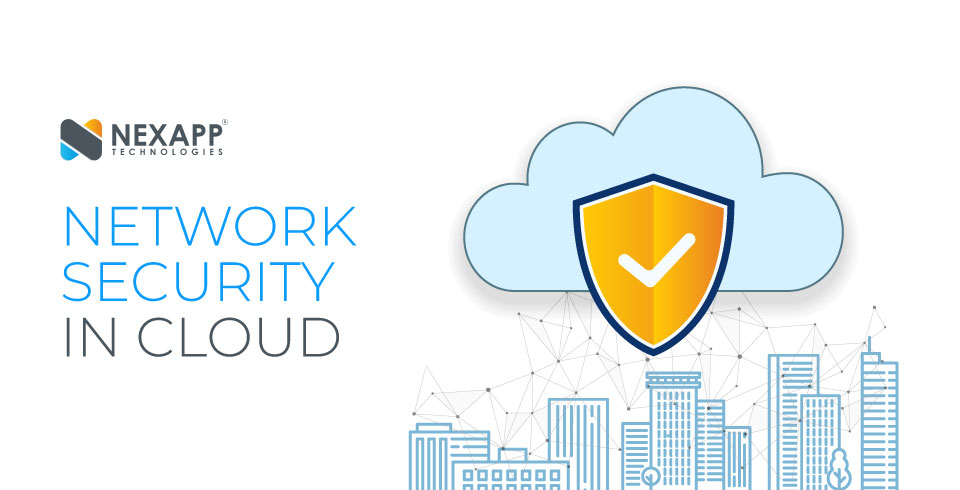
In this day and age, when data is the new currency, it’s a no-brainer that security is the crux of the day to day functioning of any enterprise. With IT industries heavily relying on information and data via cloud computing, and being in one way or the other interlinked with different sectors, network security is something that cannot be compromised on.
To get a better understanding of this, let’s deep dive into what network security is, the role it plays in the cloud.
Understanding Network Security
A subgroup of networking, network security is the operation of data protection, management of devices, applications and systems connected to the network. Securing the connected infrastructure from the core. Protecting data, intellectual property, systems and networks from cyber-attacks are essential for maintaining the viability of any modern business.
When enterprises make the shift from MPLS to multi-cloud environments, the data, devices and applications are dispersed across locations. During this, users require access to the data from any device, the zero-touch approach to security plays a part here, wherein the organization verifies access, in turn strengthening the enterprise security.
Network Security in Cloud
There is no doubt that the cloud is an emerging trend anymore. The phase of cloud being the new thing is a matter of the past. Today, the cloud is right in the middle of digital transformation. Making organizations and enterprises rethink and shape privacy and security.
Securing network and cloud security is not the same thing. Cloud network security comprises of major components that need to be kept in mind –
- Micro segmentation or isolation of zones, workloads, and applications using layers of firewall
- Network traffic control flows down to the user level
- Applications need to use end-to-end transport level encryption
Network security is of the utmost importance to the success of any company, regardless of size. Gartner’s study shows that the adoption of public cloud services in the worldwide market will grow, security, governance and compliance issues become a major source of concern. Companies are looking for new ways to keep up with the ever-changing IT landscape and move their networks into the cloud. Along with protecting data and business content. While this transition is still a work in progress for many IT firms, some have already started to leverage the benefits of cloud computing to serve their customers better.
Some of the security benefits of cloud computing are as follows –
- Lower upfront costs
- Reduced operational and administrative expenses
- Increased reliability and availability
- Centralized security
- Greater ease of scaling
The Secure Access Service Edge (SASE) and SD-WAN technologies that are incorporated in the cloud network security paradigm enable enterprises to construct networks with self-service controls and security options. Traditional endpoint security services and solutions that analyze network traffic for threats are also included in SASE security services.
The flexibility to deploy IT resources across various sites to construct a safe, global virtualized network topology is one of the benefits of cloud network security. Furthermore, network security configurations and resources are continuously monitored and alerted, which eliminates time-consuming network management activities.
Network security is essential for developing comprehensive cloud security. To find out more on network security in the cloud, head over to Nexapp Technologies


